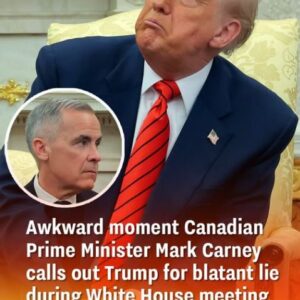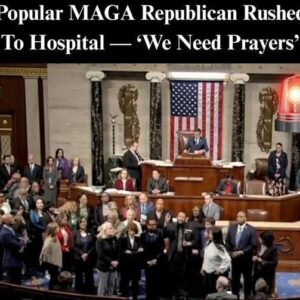Kentucky Senator Rand Paul has expressed renewed concern over the use of tariffs by President Donald Trump, arguing that such measures function as taxes and should require approval from Congress.
In a recent post on social media, Senator Paul emphasized that the Constitution grants Congress—not the president—the authority to impose new taxes. He noted that tariffs, by design, increase the cost of imported goods and can impact American consumers and businesses, which he views as a form of taxation.
“The Constitution clearly states that Congress holds the power of the purse,” Paul wrote. “Any new tax—including tariffs—should begin in the House of Representatives and then proceed to the Senate.”
While Paul’s position highlights a traditional view of legislative authority, others within the government support the idea that tariffs can be used as a foreign policy tool, which falls under the president’s responsibilities. Over time, Congress has passed various laws allowing presidents to take limited tariff actions during economic or national emergencies.
Earlier this month, the White House announced new tariffs following a declaration that certain foreign trade practices posed a national emergency. The administration said the decision aimed to protect the U.S. economy and American jobs.
A recent Senate resolution aimed at overturning the tariffs failed by a narrow 49-49 vote. Senator Paul joined a small group of Republicans and all Democrats in supporting the measure. The resolution was hindered by the absence of one Democratic senator who was traveling abroad at the time.
Paul’s concerns were echoed by retiring Senator Mitch McConnell, also of Kentucky, who has consistently voiced opposition to tariffs, stating that they function as a tax burden on businesses and households.
Meanwhile, debate continues in Congress over how much authority the Executive Branch should have when it comes to economic policy. Some lawmakers argue that while the president should have flexibility in urgent situations, long-term trade strategies should involve input from both chambers of Congress.
Senator Paul indicated that this debate is far from over, especially as the economic impact of trade policies continues to unfold. “It’s an ongoing discussion,” he said. “If future data shows negative effects on markets or economic growth, it will renew questions about whether tariffs are the right tool for achieving trade goals.”





